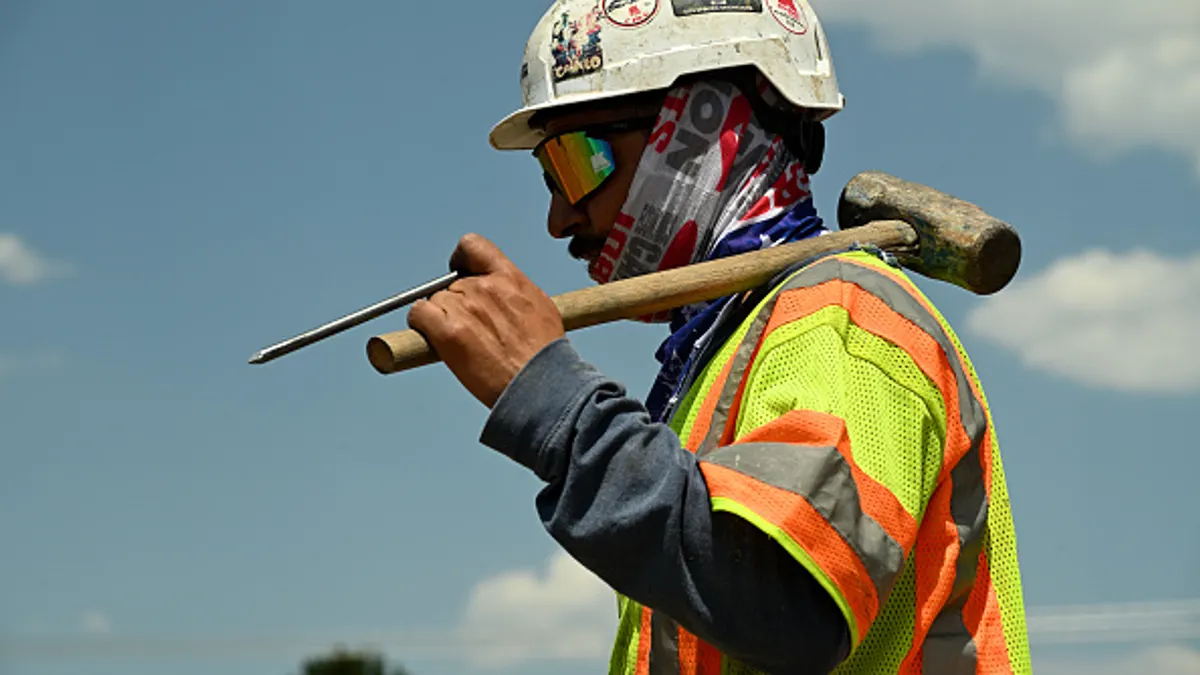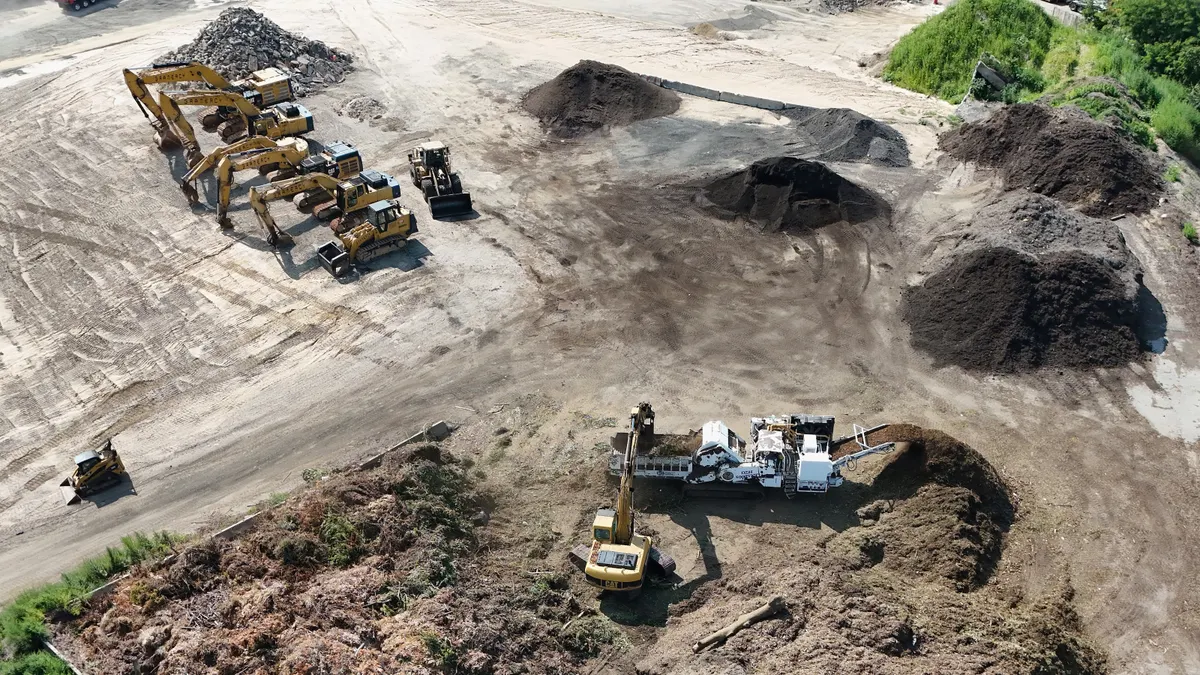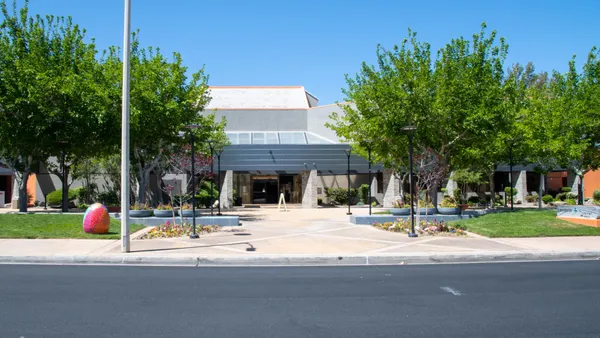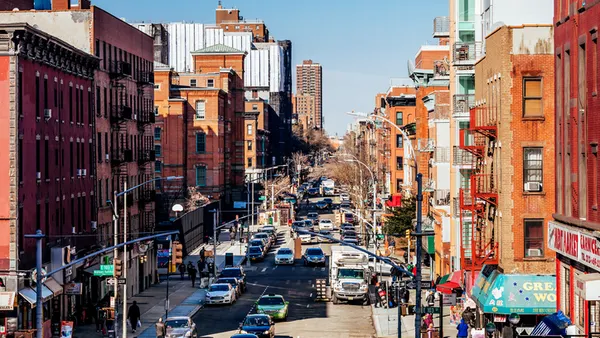Dive Brief:
- Federal housing assistance programs currently help 5.5 million renter households; however, a recent National Low Income Housing Coalition (NLIHC) report found there are still more than 10 million low-income families who need 7.2 million housing units, The Washington Post reported.
- The report said there is no place in the U.S. where a full-time minimum wage worker — at the current federal rate of $7.25 an hour — can afford a "modest" two-bedroom apartment, unless he or she works 112 hours a week, year-round.
- Julian Castro, secretary of Housing and Urban Development, said that government involvement in housing is critical because unless private companies are on the receiving end of subsidies, building affordable housing doesn't interest them.
Dive Insight:
Castro said the country can't address the major issues it faces — including inequality, healthcare, crime and education — without getting housing under control.
The NLIHC recommended reducing the current mortgage interest tax deduction for homeowners and earmarking that money for affordable housing. It also showcased the Housing Trust Fund, which focuses on very low income wage earners.
Affordable housing has been a major issue for cities across the U.S., as several factors go into trying to achieve affordable goals. In April, Zillow released a report that found land-use regulations affected rents. Tight regulations mean less available inventory, which translates to higher rents.
And many builders are resisting being forced to include affordable units in their developments as a condition for doing business. For example, the California Building Industry Association took San Jose, CA, to court over their affordable housing mandate, arguing that it amounted to a "taking" of private property. The CBIA has lost that argument in every court, including the California Supreme Court. The United States Supreme Court denied to review the CBIA appeal. The building industry has said that laws similar to San Jose’s will only drive up housing costs as developers pass their losses from some units, or the estimated alternative fee of $122,000 per home, on to market-rate buyers.
Los Angeles has also been experiencing a major affordable housing crunch, and officials have proposed several remedies, such as additional developer fees, city funding and even conversion of a future Olympic Village.













